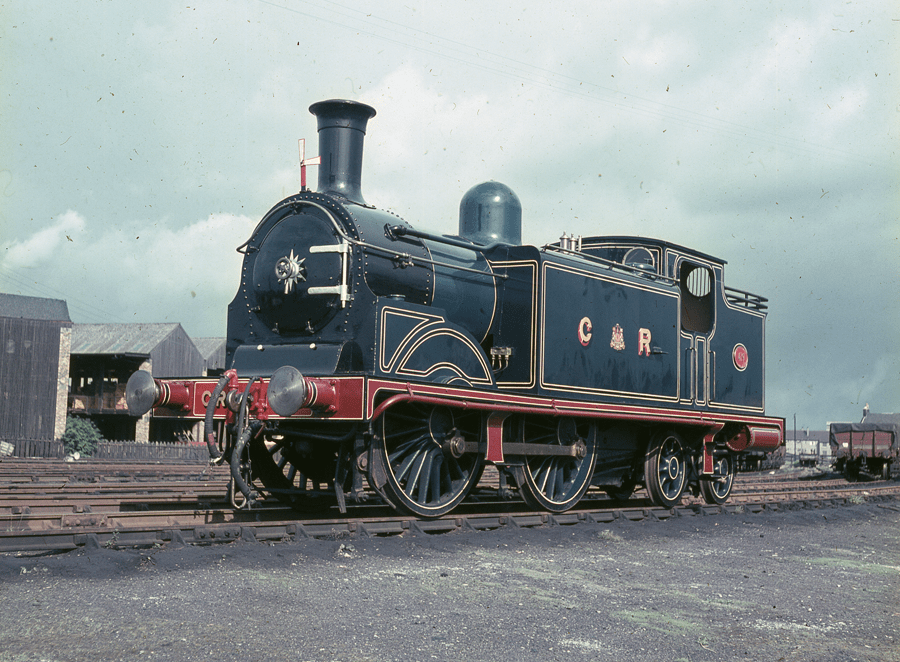The Evolution and Future of Trains in the UK

Introduction: The Importance of Trains
Trains have been a vital part of the United Kingdom’s transport infrastructure since the early 19th century. They facilitate the movement of millions of passengers and goods every day, contributing significantly to the economy. As cities grow and environmental concerns increase, the relevance of efficient train systems becomes paramount in reducing congestion and carbon emissions.
Recent Developments in the UK Train System
In 2023, the UK rail network is undergoing substantial upgrades aimed at modernising services and improving user experience. Initiatives are being implemented to upgrade outdated rail tracks, enhance safety features, and expand capacity to meet rising demand. The introduction of new electric trains is also a key focus area, aligning with the government’s commitment to achieving net-zero carbon emissions by 2050.
One prominent project is the ongoing development of the High-Speed 2 (HS2) line, which promises to connect London with major cities like Birmingham, Manchester, and Leeds more swiftly. The first phase of HS2 is projected to significantly reduce journey times and increase rail capacity, with plans to eventually extend to Scotland. Despite facing criticism and delays, HS2 represents a landmark investment in the UK’s transport future.
Challenges Facing the Train Industry
Despite progressive moves towards enhancement, the train industry faces challenges. The COVID-19 pandemic severely impacted passenger numbers, throwing rail companies into financial uncertainty. While numbers are recovering, the shift to remote work has changed commuting patterns, prompting rail operators to rethink service provisions. Additionally, rising energy costs and inflation have raised concerns about ticket prices and operational viability.
Conclusion: Future Outlook for the Train Network
Looking ahead, the future of trains in the UK hinges on balancing modern needs with sustainability. As the government and industry stakeholders work collaboratively on innovation and maintenance, improved services may draw even more customers back to rail travel. This push for greener, more efficient rail options could redefine the landscape of UK transport over the coming decades, making trains not only a commuting choice but a key solution in tackling climate change.
